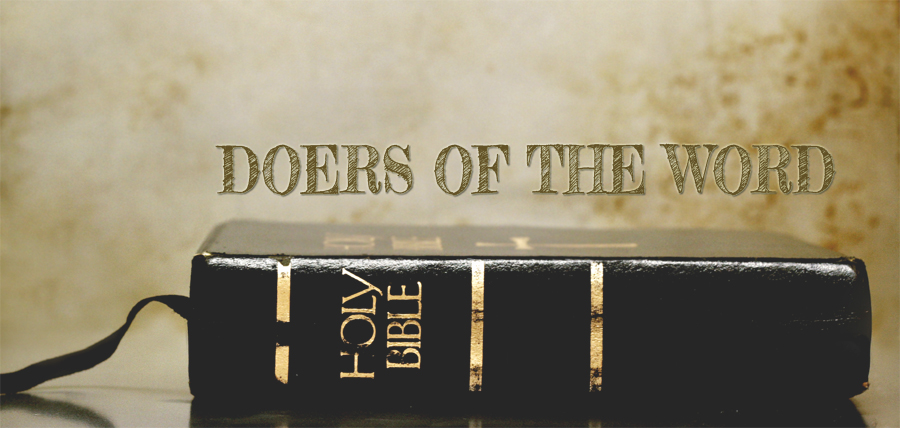Most people might think that atheism is the opposite of Christianity. It isn’t.
Atheism is the opposite of theism — the belief in a divine being, or many of them, or even the very idea of a god who exists — let alone might care about individual human beings and their affairs.
In other words, the common assumption is that the opposite of a Christian is someone who is not “religious.” But that is not the issue. In fact, it is not even relevant. Even our opinion, or personal preference over which religion is right or wrong or better is not relevant.
The opposite of a Christian is what Jesus — or the compilers of the New Testament say it is: those who plainly do what Jesus says not to do and refuse to do what he clearly says to do.
When Jesus says “don’t be like those people” we should believe him. When Jesus clearly says to do a certain thing, we should do it.
Be like the one who builds a house on a solid foundation, not on sand: “everyone who listens to these words of mine but does not act on them will be like a fool who built his house on sand” (Matthew 7:26).
Don’t turn away from the poor and needy. Don’t loan money to those who can pay you back. Don’t invite people for a meal who can afford to invite you in return (Luke 14:12-13).
Do cast your bread on the waters — never to see it again. Don’t pray in public and make a spectacle of your faith (Matthew 23).
The opposite of a Christian is not someone of another faith or no faith. It is someone who empties out the power, compassion, urgency, and generosity of a living faith and lives out a life of rules, abstractions, and accusations.
Jesus said “judge not and you will not be judged” (Matthew 7:1). But the opposite of a Christian — one who loves to judge — will be judged.
The real Christian will welcome, embrace, and restore the lost, the wounded, and the broken.
The point of departure between the New Testament and the Old Testament is the principle, the idea, indeed the declaration that the Word had become flesh. A living faith was no longer an adherence to certain laws, rules, and theological abstractions, but a faith of encounters, of direct interactions with laws, rules, and people in crisis — the Word made flesh.
Christianity of the early 21st century is the opposite of historic Christianity, as a keyhole is opposite of a key. Point by point, our theology dilutes, evades, or directly contradicts what Jesus lived out and proclaimed.
What is the purpose of faith? Most would say personal salvation. Paul tells us that he would be willing — even eager — to give up his salvation to restore his people. Is that foolish or the ultimate expression of faith?
Jesus tells us to give (gladly) to those who do not deserve it and can never pay us back. Is this an idealistic delusion or an act (literally an action) of faith?
We are told that our faith can move mountains. Do we believe it?
We are told that our faith can heal, that our prayers matter. Do we believe it?
We are told that Christians are the benchmarks of wisdom, compassion, and discernment. Is that what the world sees?
Can we blame unbelievers if they see complacency, cowardice, and conformity under the banner of Christianity?
Our call, as it has always been, is to see the broken in front of us, not to blame or condemn, but to lift up, restore, be bearers of the impossible light of ultimate peace, promise, and restoration.
We are told plainly, on almost every page of the Bible to be doers — not just listeners — of the Word (James 1:22 and many others).
Our faith is not what we say, or even what we believe. It is what we do, who we are in the world.
The story of the two brothers (Matthew 21:28-31) says it all; one promises to work and then doesn’t. The other rebukes his father and then changes his mind and gets to work.
Indeed, our faith is expressed more by our hands than by our doctrine.

